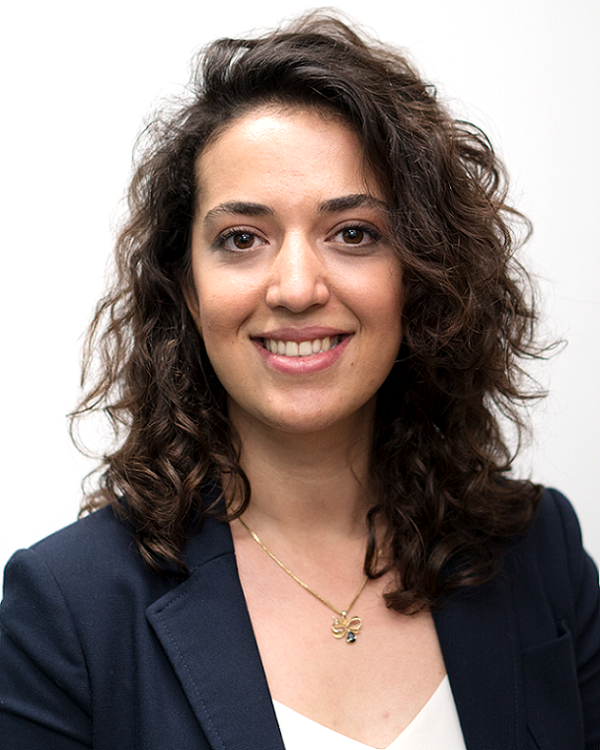Civil Engineering Grad Student Named NASA Future Investigator

Graduate student Vesta Afzali Gorooh receives support from NASA for her research project to improve satellite-based cloud type classification.
July 6, 2020 - UC Irvine graduate student Vesta Afzali Gorooh has been awarded a Future Investigator in NASA Earth and Space Science and Technology (FINESST) grant ($135,000) for her proposal to develop efficient near-real-time models to characterize cloud types and their behaviors. Afzali Gorooh is one of 62 out of 341 to receive the award, which supports graduate student-designed research projects that contribute to NASA’s science, technology and exploration goals.
A fourth-year doctoral student in civil and environmental engineering who is affiliated with the Center for Hydrometeorology and Remote Sensing, Afzali Gorooh is working with Kuo-Lin Hsu, CEE professor and principal investigator on the project. The researchers plan to improve satellite-based cloud type classification by utilizing high spatiotemporal resolution multispectral measurements from a new generation of geostationary satellites along with taking advantage of advanced machine learning techniques and improved computational power. This work will serve as a valuable real-time source of data for satellite precipitation estimation.
“I am honored to receive this award; it will facilitate my research aspirations as a young woman to become a proficient and well-rounded scientist,” said Afzali Gorooh. “I want to give my appreciation to my advisers, Distinguished Professor Soroosh Sorooshian, Professor Kuo-lin Hsu and Assistant Adjunct Professor Phu Nguyen, for their insightful guidance and support for my graduate studies.”
Afzali Gorooh explains that accurate satellite precipitation data is needed to provide global observations as an alternative to ground-based measurements. “It is apparent that the application of high spatiotemporal resolution precipitation data assists hydrologists, water resource managers and others who contribute to the field of earth and atmospheric science and policy processes all around the world. I look forward to continuing my investigations on using data-driven techniques to automate classification of cloud types and their precipitation potentials,” she said.
– Lori Brandt
